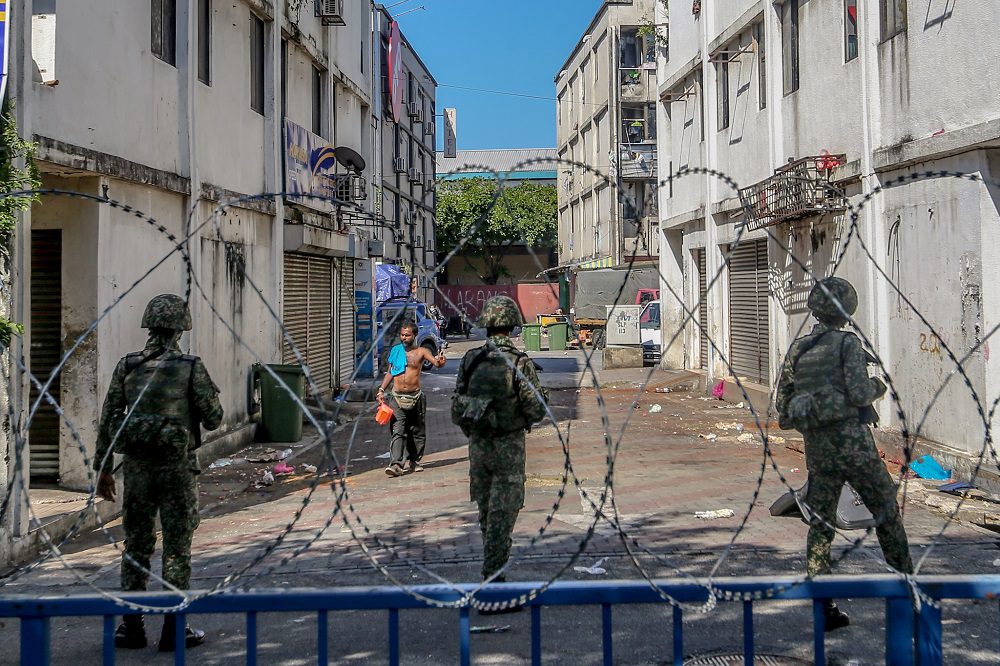In response to the news that Pusat Bandar Utara in Kuala Lumpur, an area highly populated by refugees has been put under an Enhanced Movement Control Order (EMCO) in order to halt the spread of COVID-19, and that refugees – in particular Rohingya – are lacking access to food, Preethi Bhardwaj, Interim Executive Director of Amnesty International Malaysia said,
“The authorities must ensure that any person living in the Pusat Bandar Utara area – Malaysian or not, has adequate food and necessities to be able to survive the duration of the EMCO, including Rohingya refugees.”
“Malaysian authorities cannot discriminate against citizens and non-citizens,” said Bhardwaj, “The government has a duty to ensure humane conditions for all those subjected to quarantine, including adequate shelter, food, water and sanitation, as well as access to healthcare. These should not be reliant on donations from third parties but be provided for by the government.”
“Certain marginalized groups in quarantine– including refugees and migrants– face additional challenges in accessing supplies. In implementing responses to COVID-19, governments should be conscious of this particular impact of measures on specific groups and ensure that their needs are fully accounted for.”
On the provision of medical services and quality treatment for COVID-19, treatment and preventative measures for COVID-19 must also be administered regardless of ethnicity, religion or nationality.
In recent days, Amnesty International has repeatedly expressed concern over the Malaysian government’s treatment of Rohingya, including the decision to push back refugee boats trying to enter local waters. While the government commendably accepted one boat, the authorities have cited public health and prevention against COVID-19 as grounds for turning away other refugees.
“The government must not turn a blind eye towards the plight faced by the Rohingya, both within and outside the nation. We urge to government to allow disembarkation of any refugee boats that may enter Malaysian waters, and ensure they are protected,” said Bhardwaj.
“What refugee communities need the most at this time is compassion and support. At the start of the holy month of Ramadan, both the authorities and ordinary Malaysian citizens should extend a helping hand to refugees who are ultimately victims of atrocities, fleeing persecution. Instead of vilifying them, we must give the Rohingya the compassion and humanity they deserve,” concluded Bhardwaj.
Background
On 20 April, Minister of Defence Dato’ Sri Ismail Sabri Yaakob announced that eight areas in Kuala Lumpur would be placed under the Enhanced Movement Control Order (EMCO).
Under the EMCO, all residents and visitors within the area are forbidden from exiting their homes during the order.
Following the announcement, refugee and migrant communities appear to have been excluded from receiving food aid. Media reported that only Malaysians would be eligible for food aid from the government. Many relied on their own embassies to receive food with Rohingya dependent on non-governmental organisations for food distribution, due to a lack of recognition by the Myanmar Embassy.
On 22 April Defence Minister Dato’ Sri Ismail Sabri Yaakob said that everyone who resides in locations that are under the EMCO would be receiving food aid, including Rohingya refugees. In a press conference, he said that the authorities would be coordinating efforts with private companies and NGOs to collect donations and distribute food to refugees.


